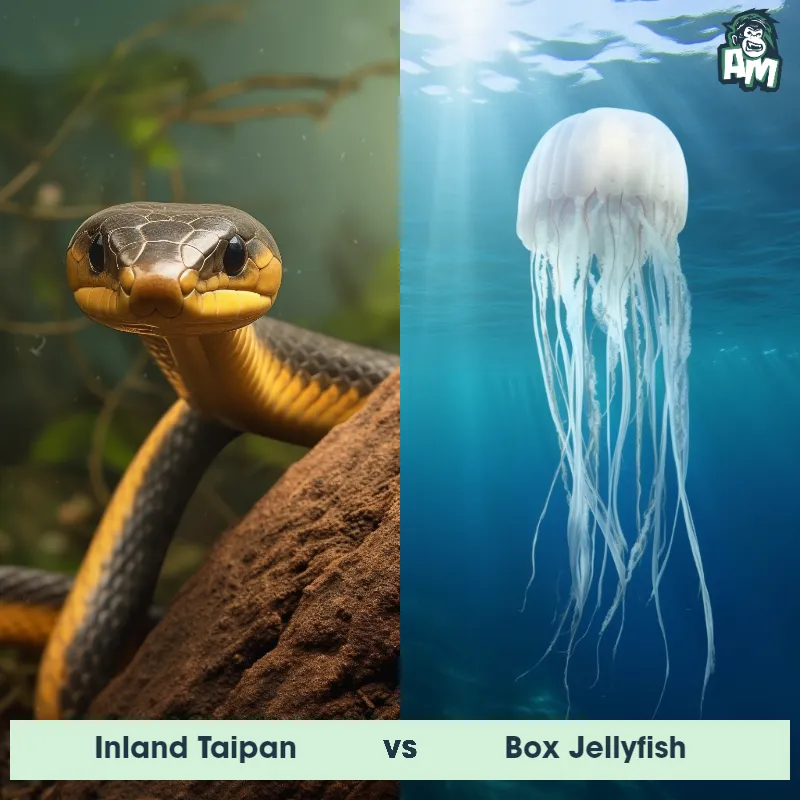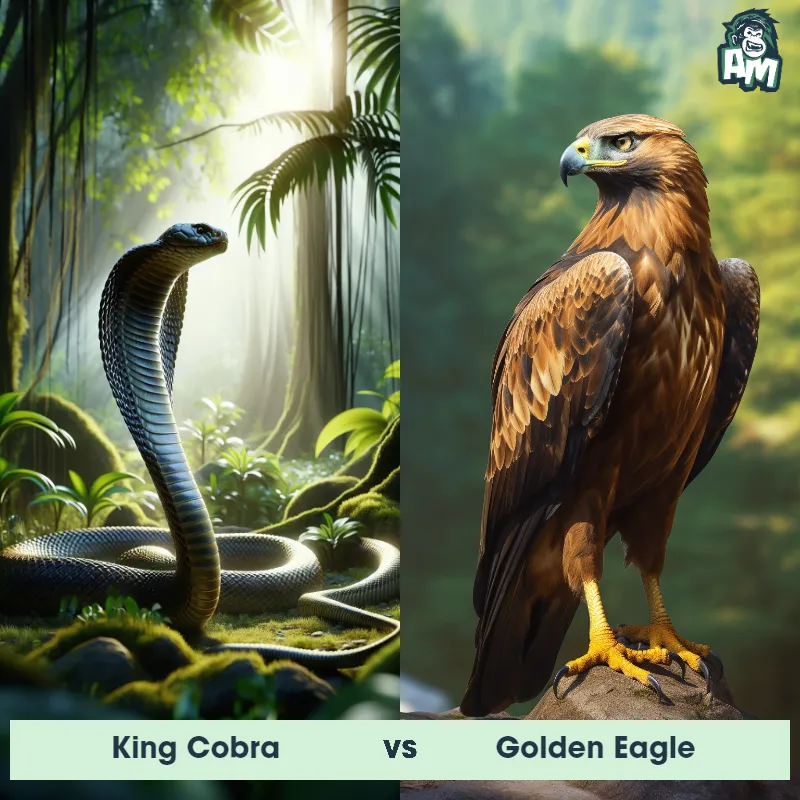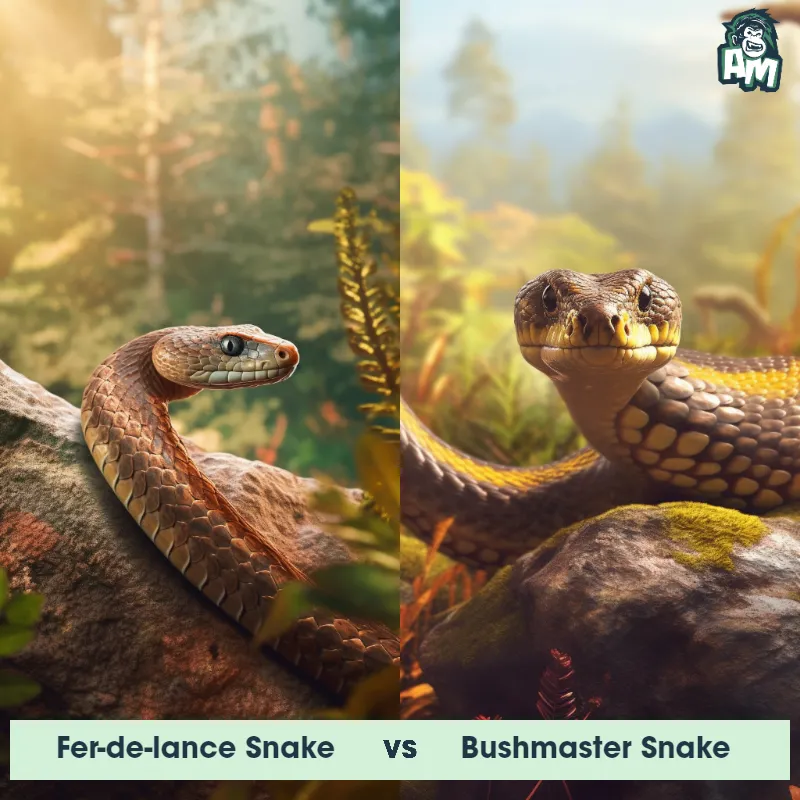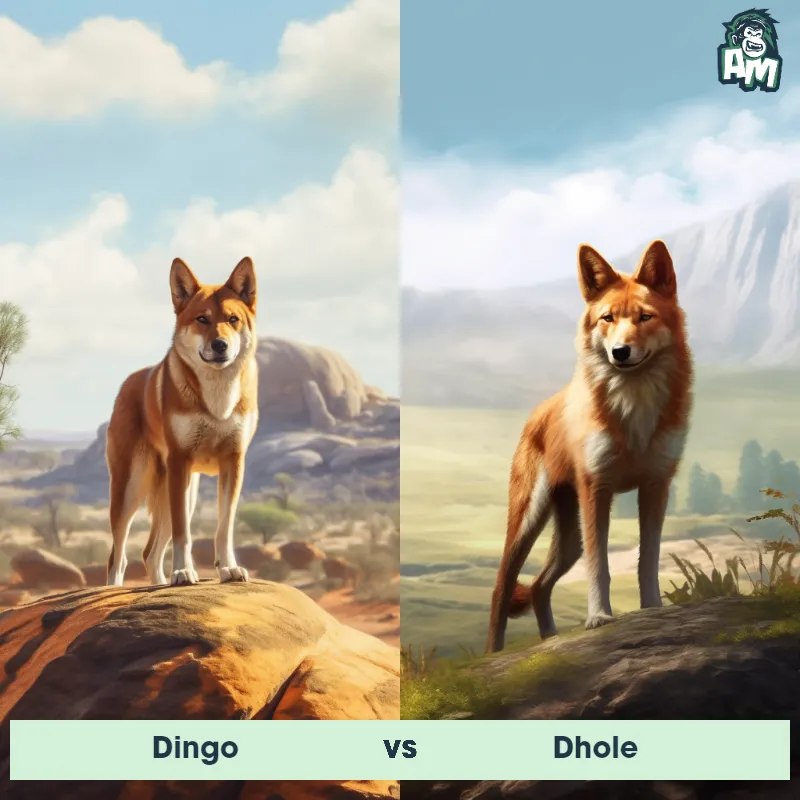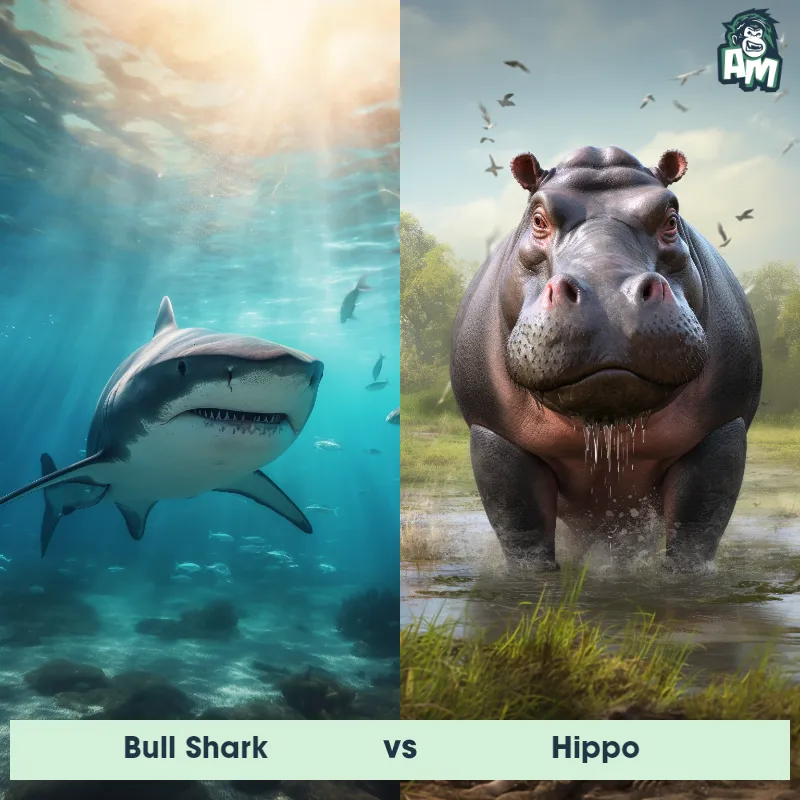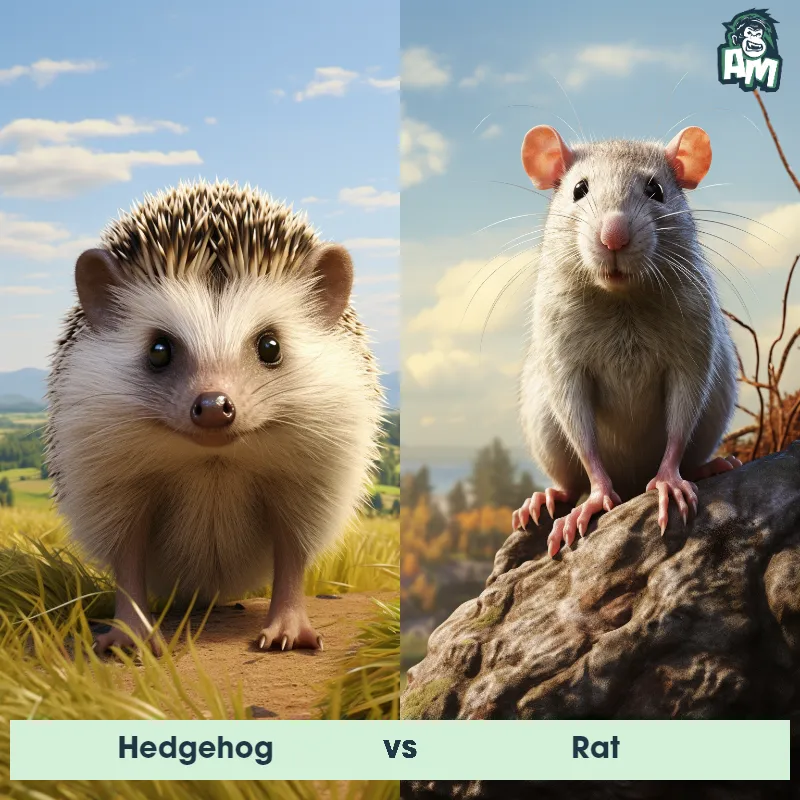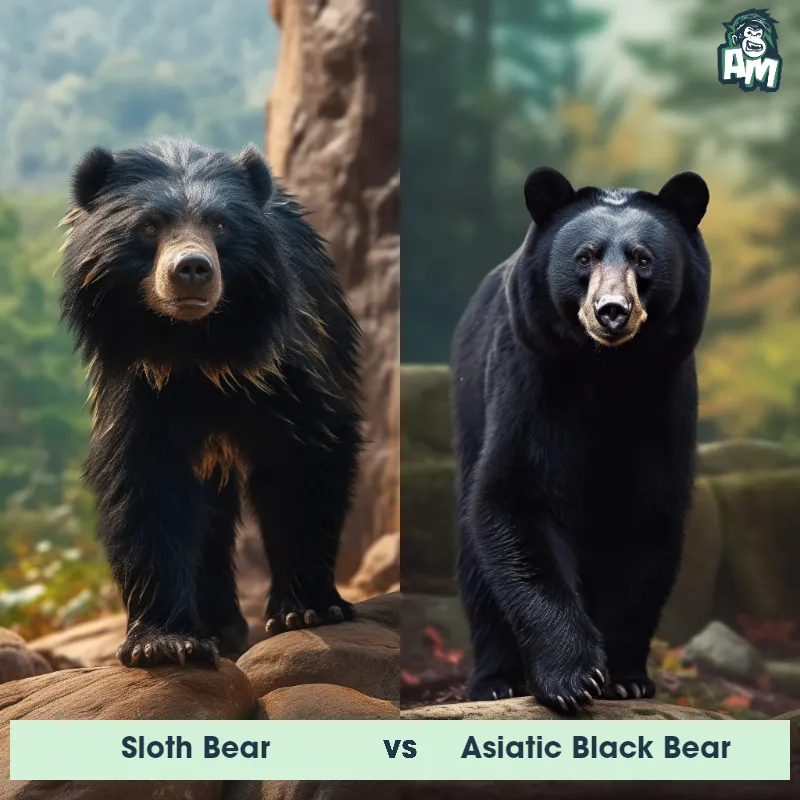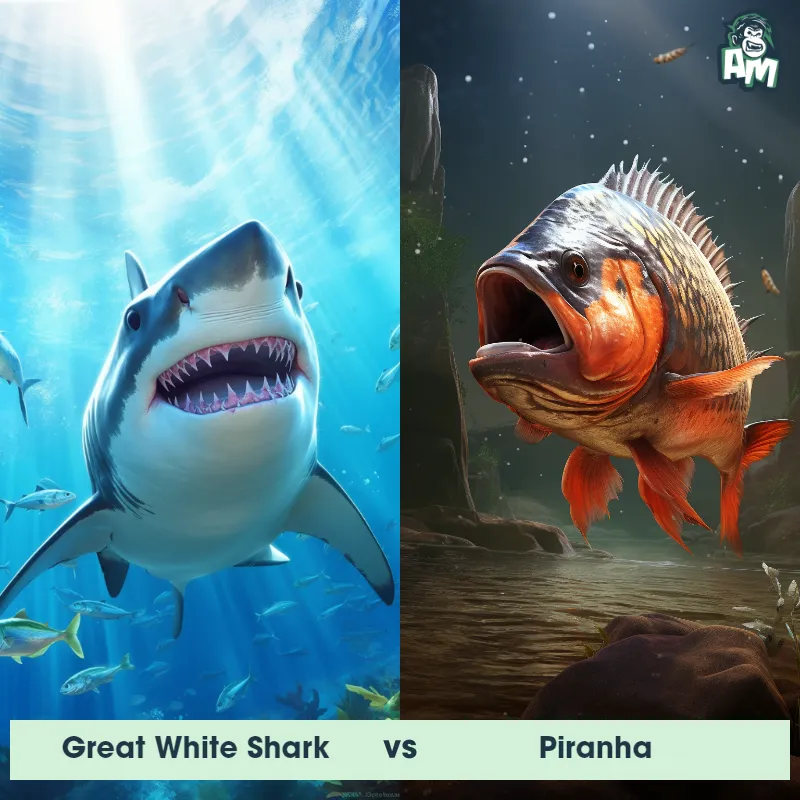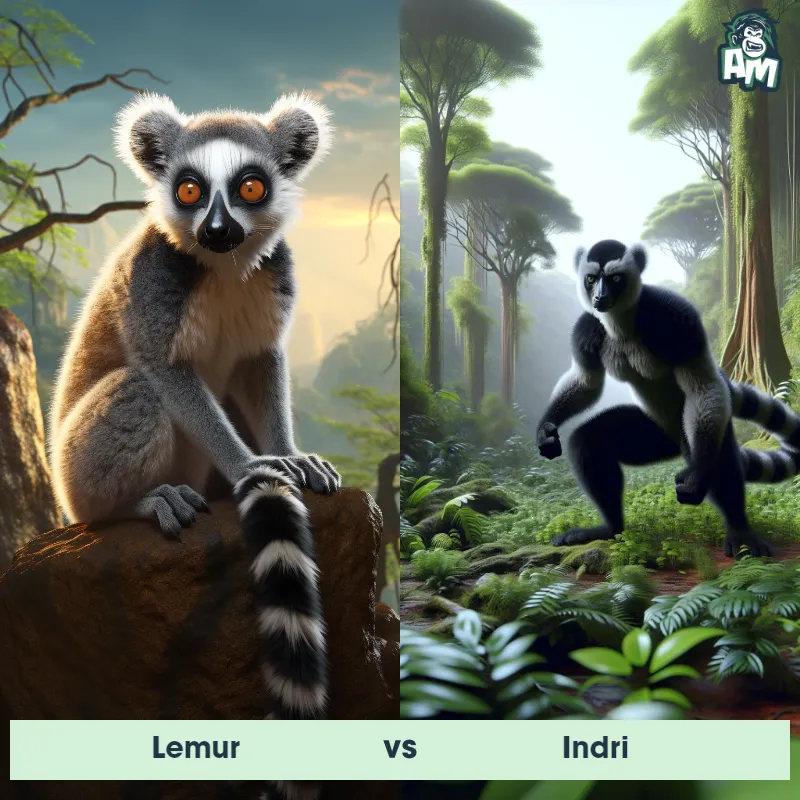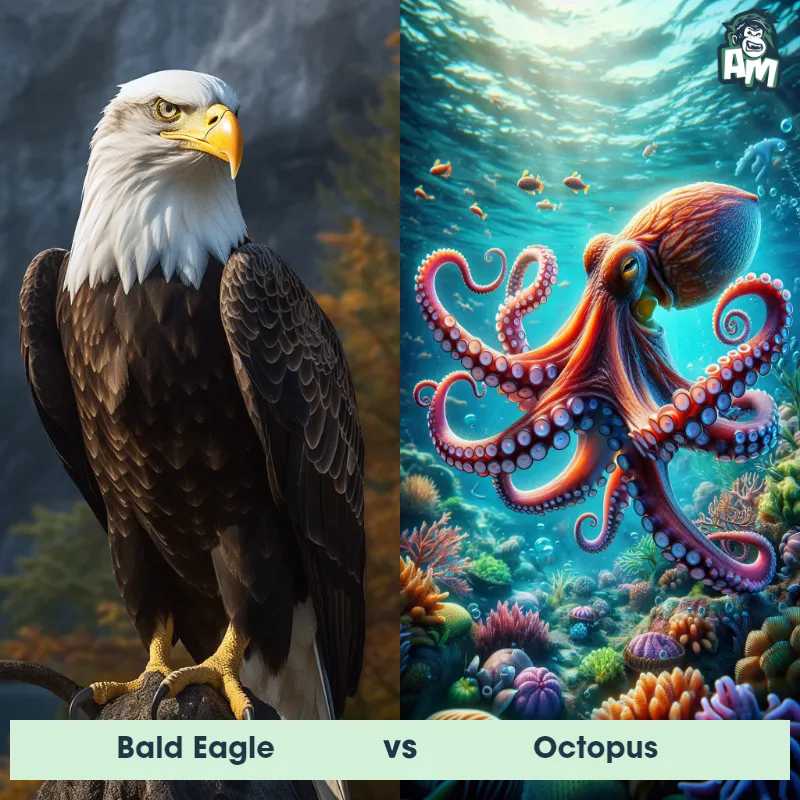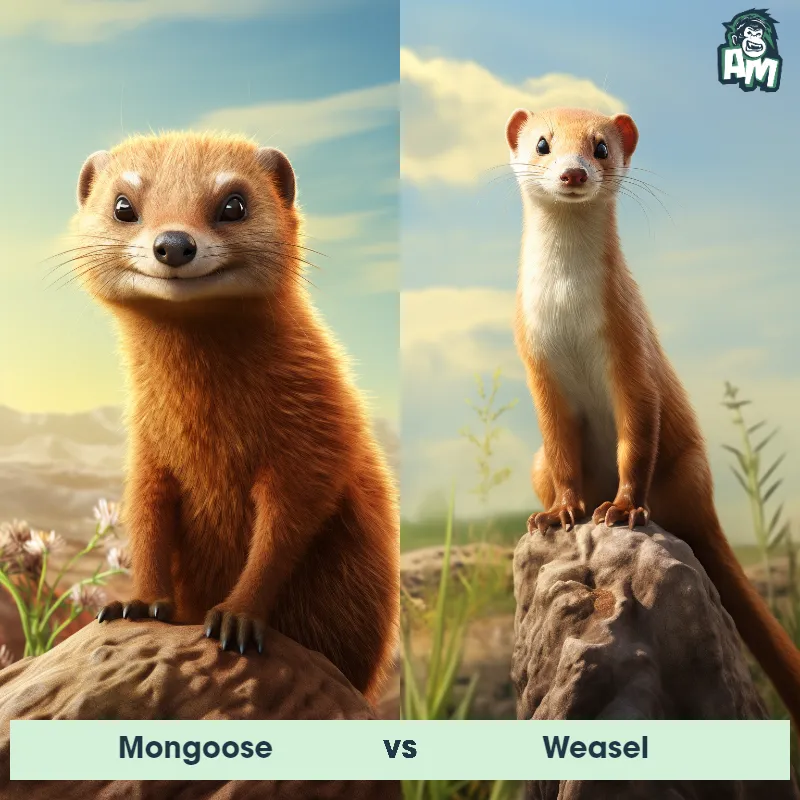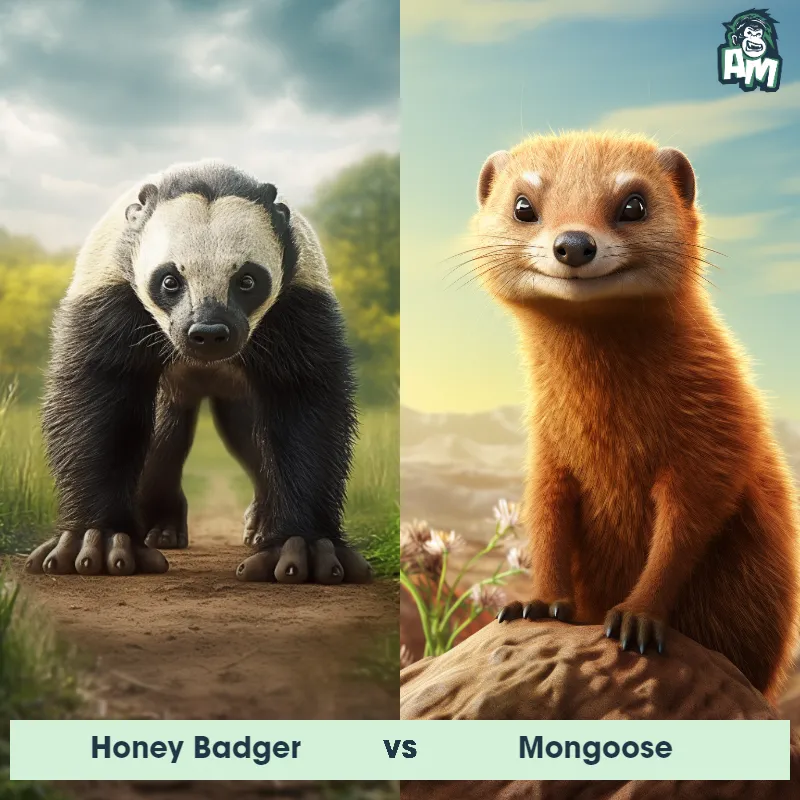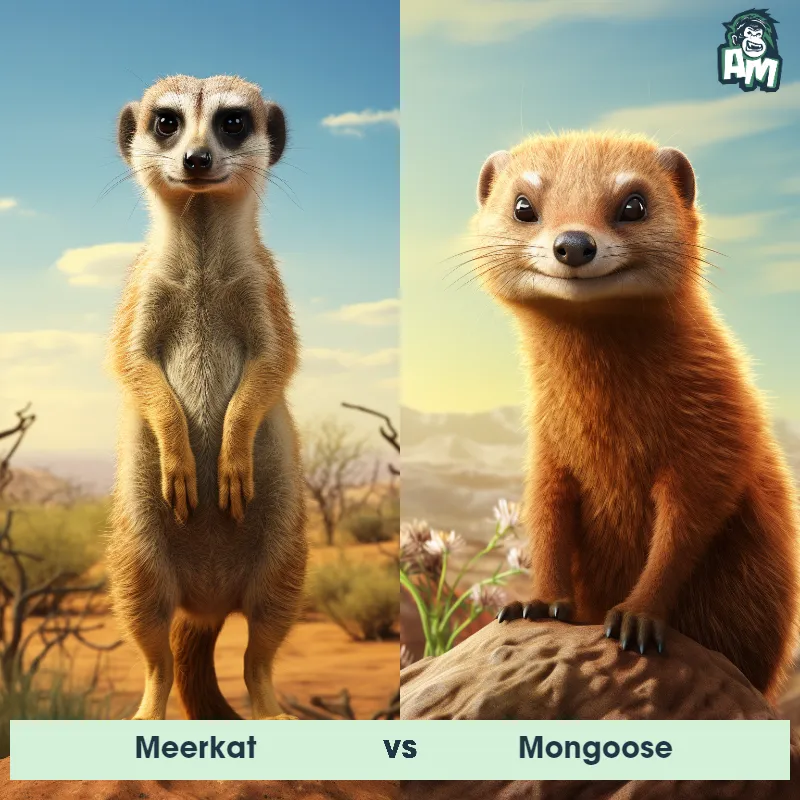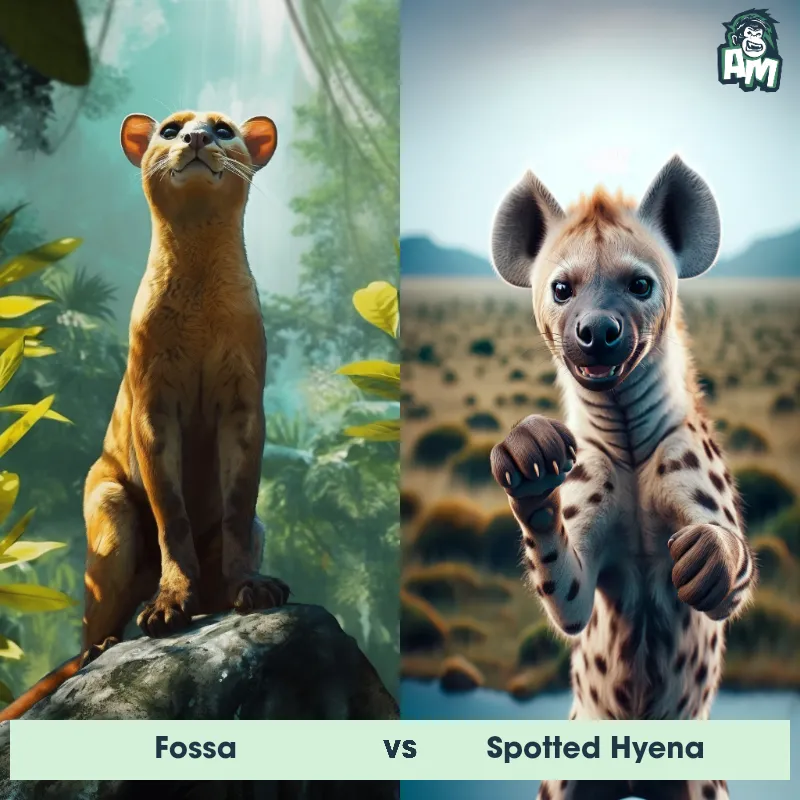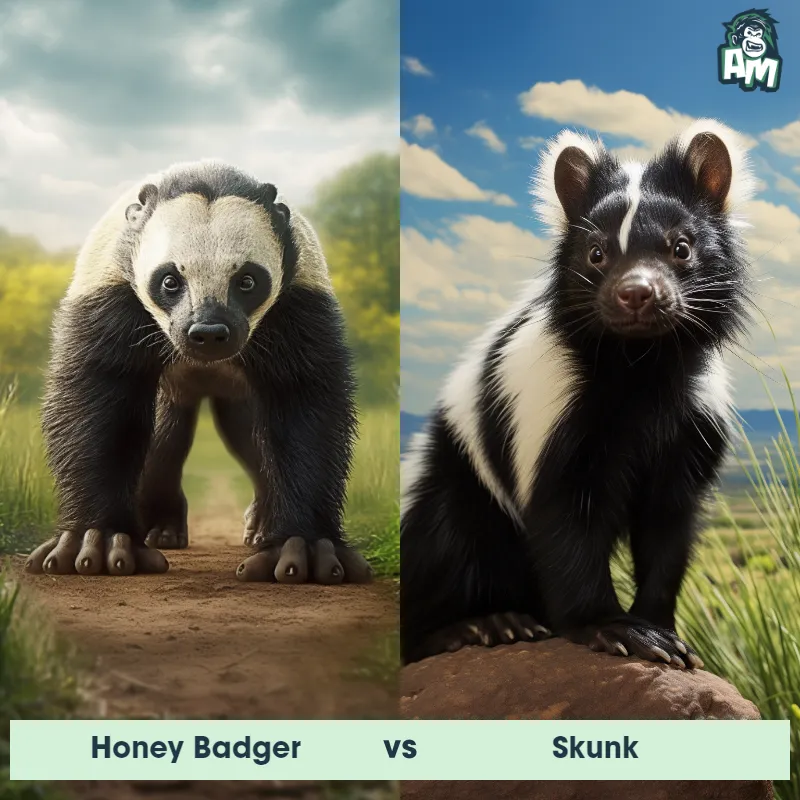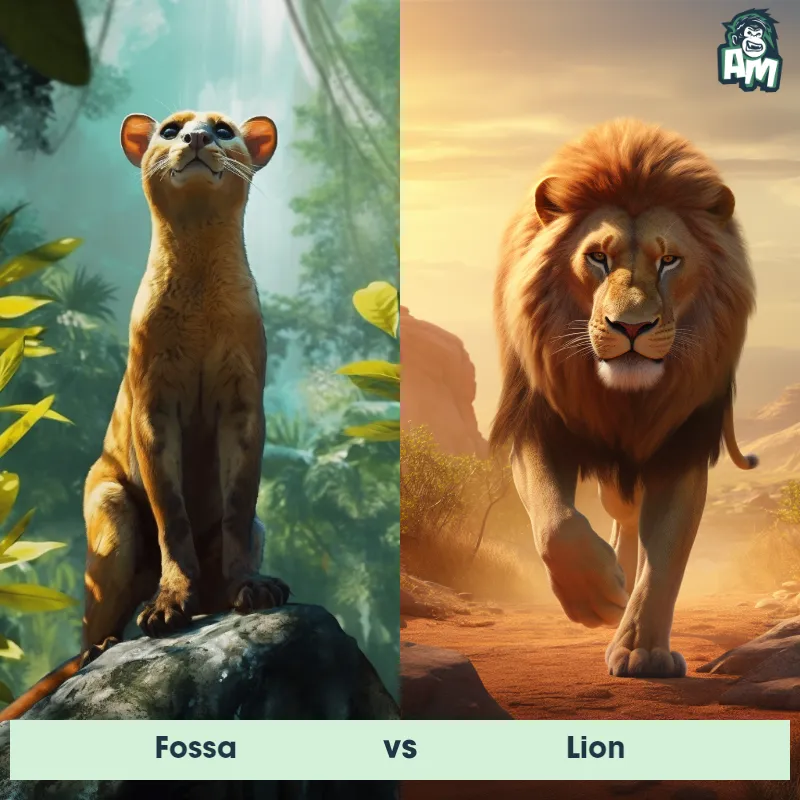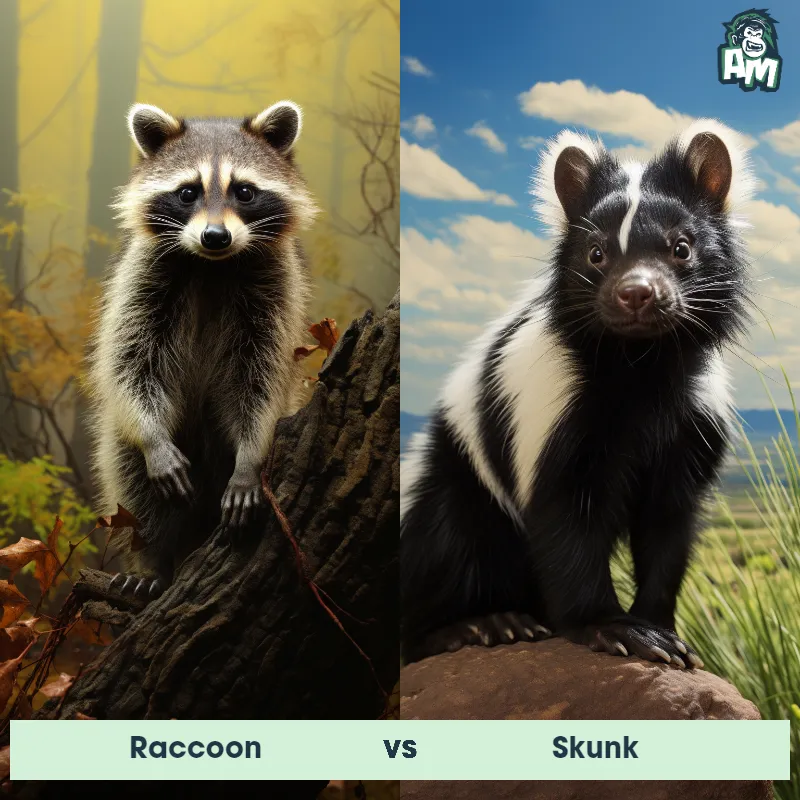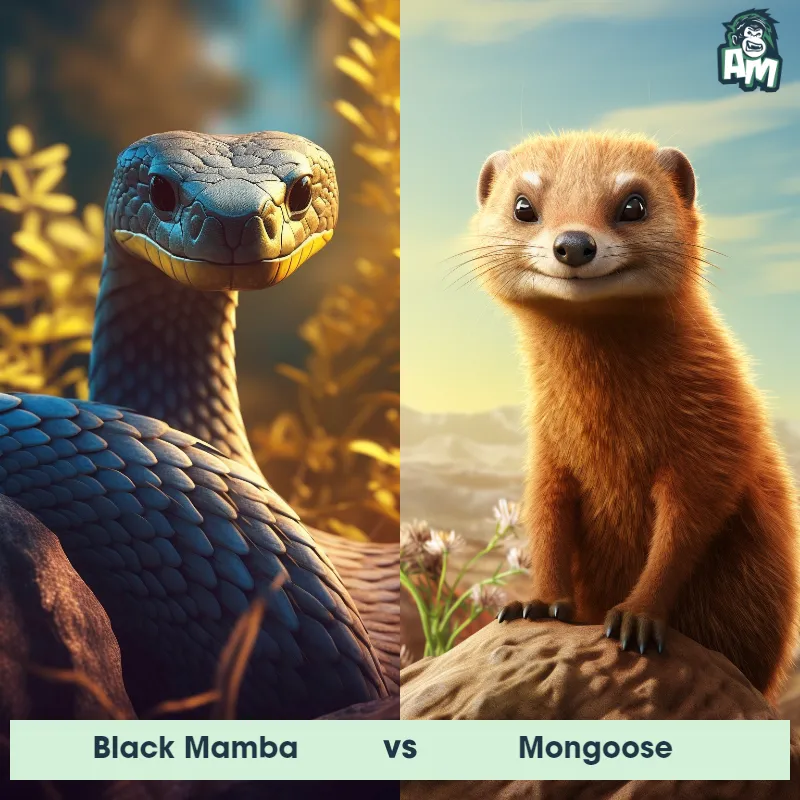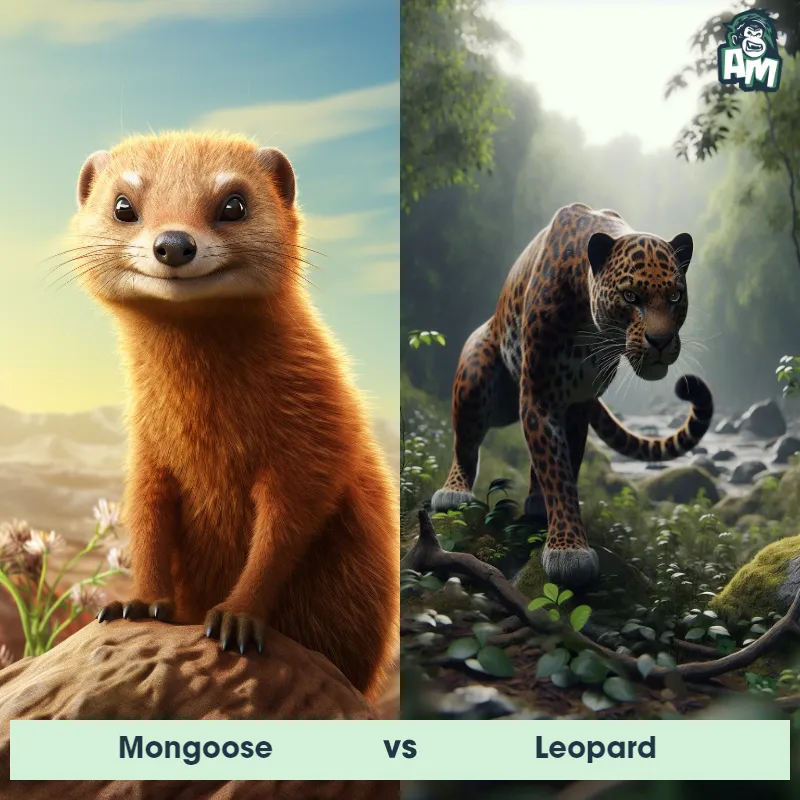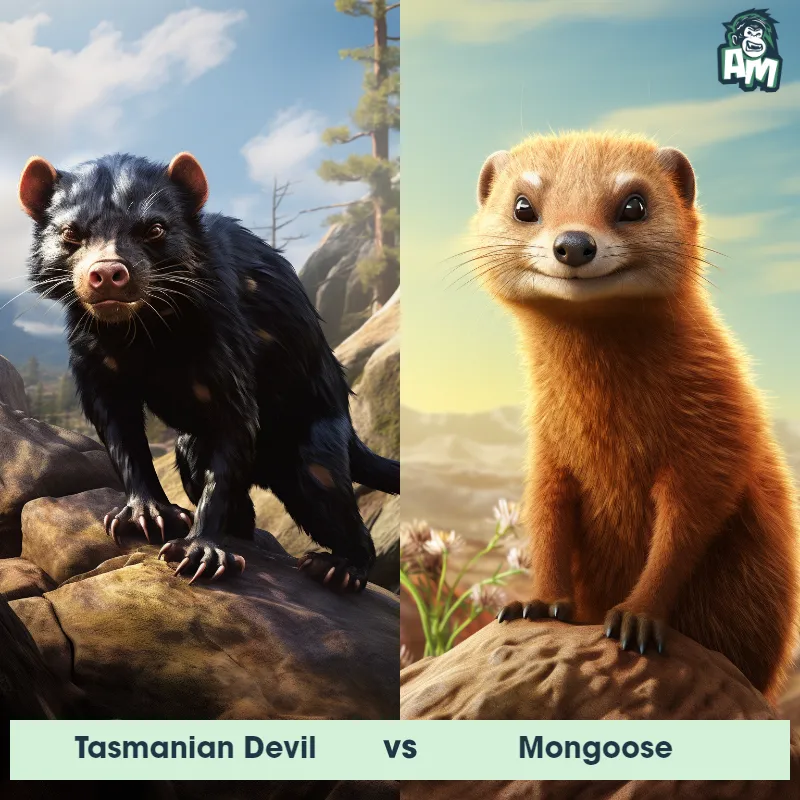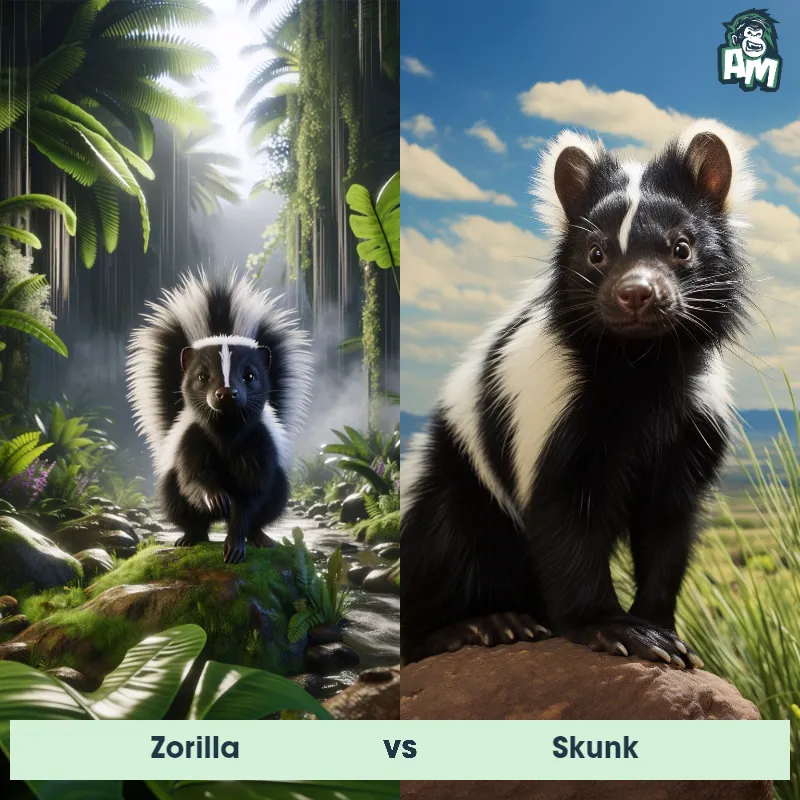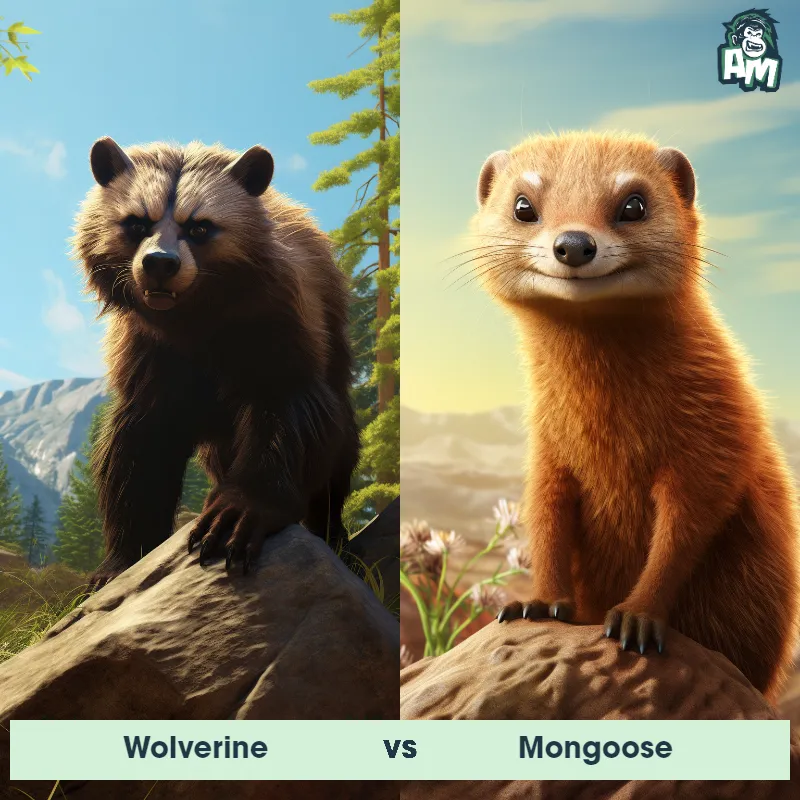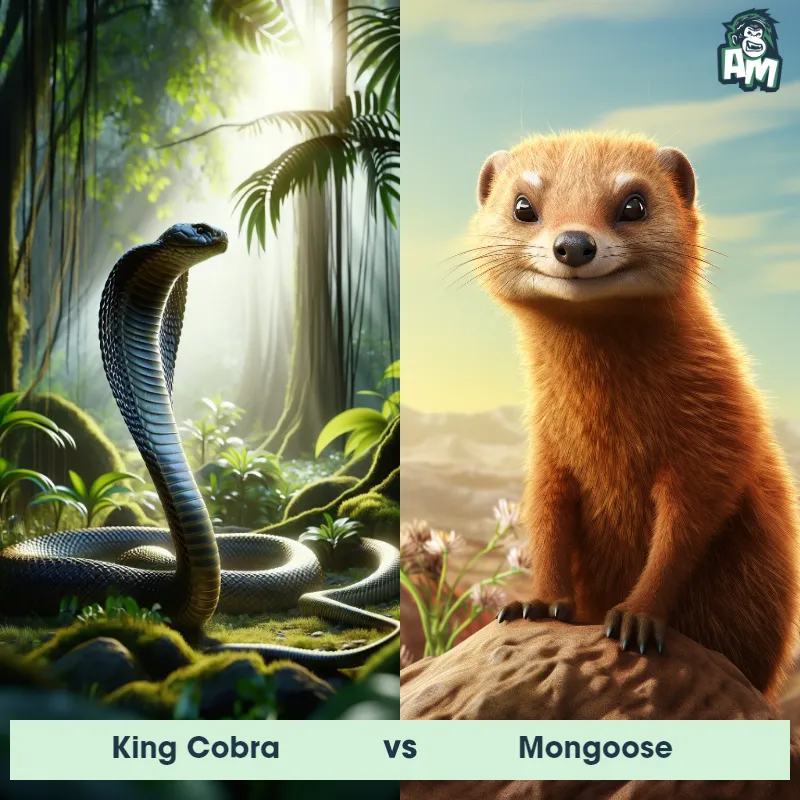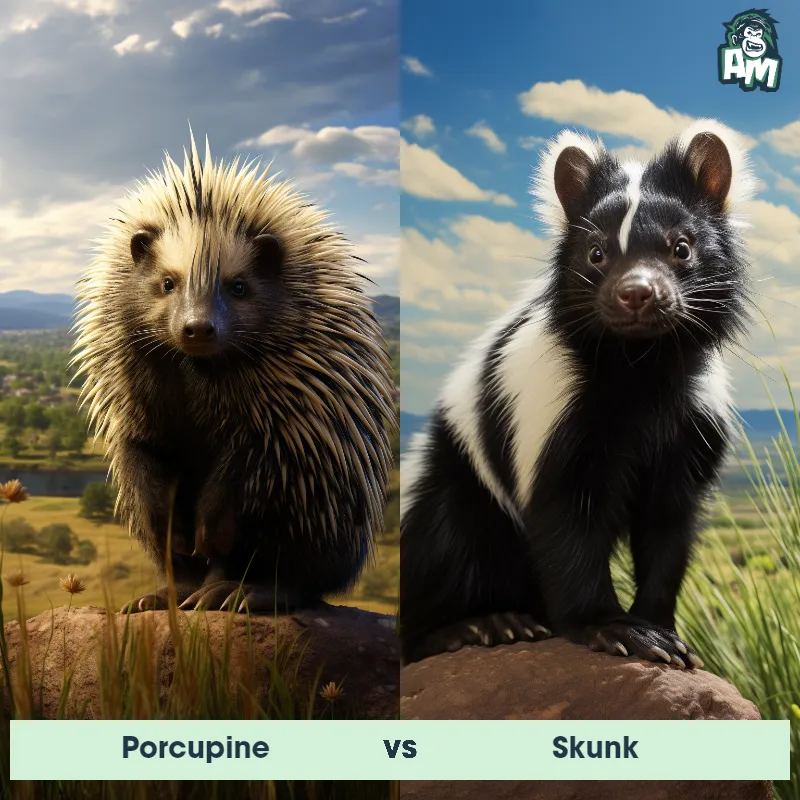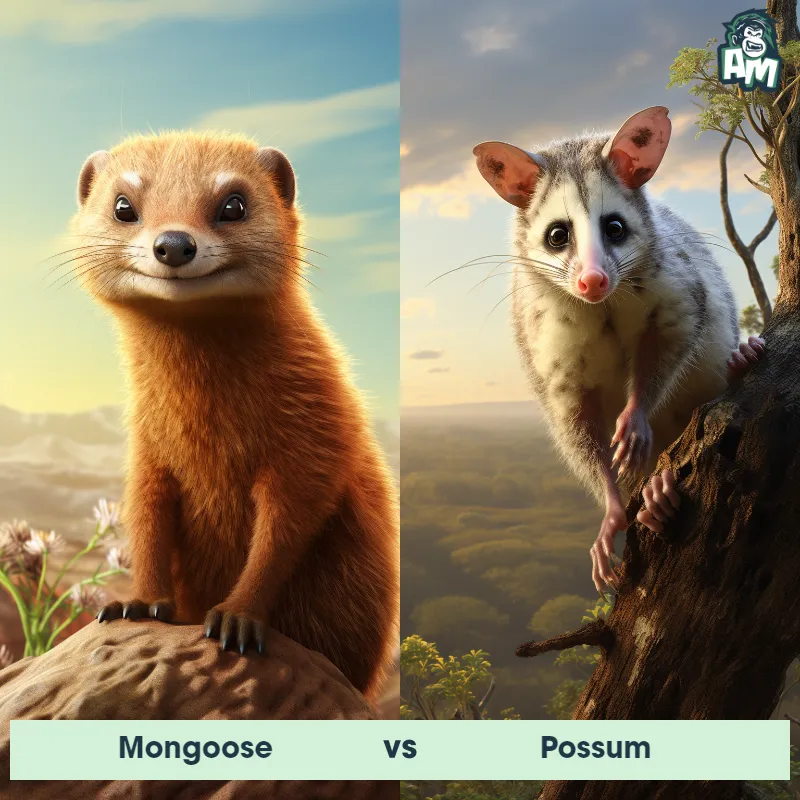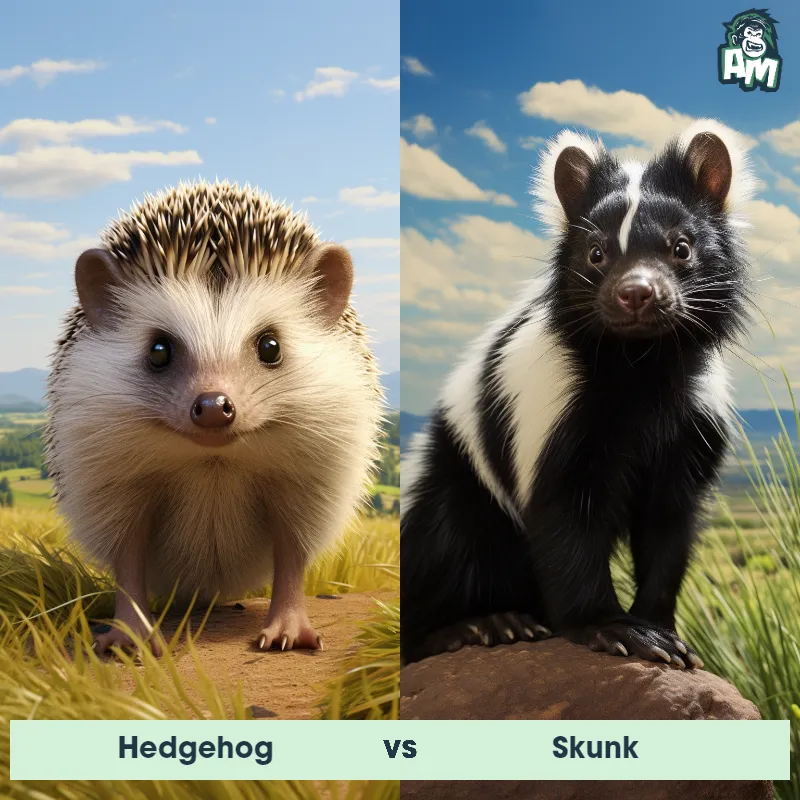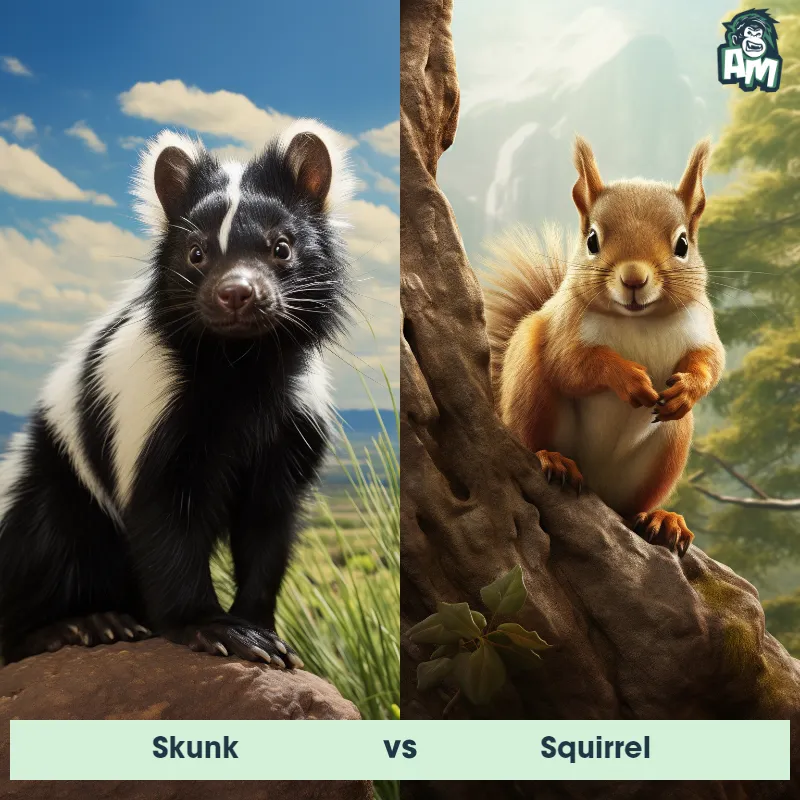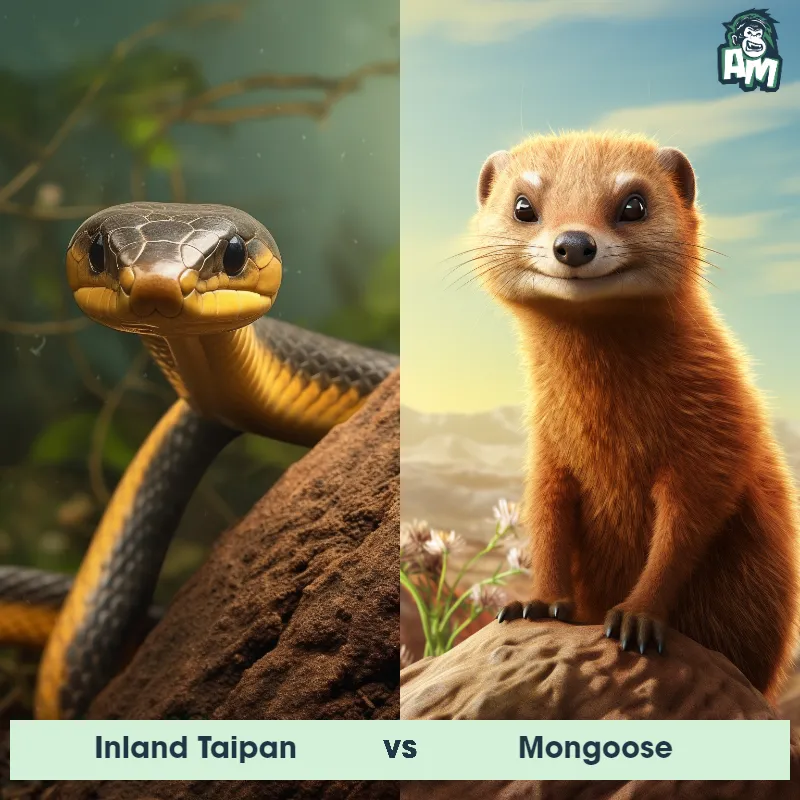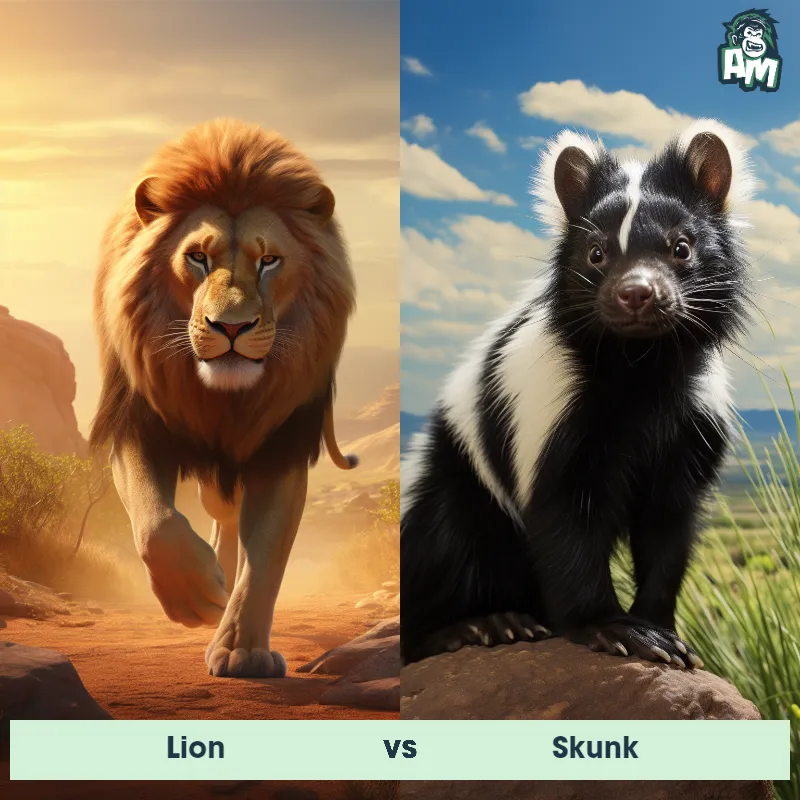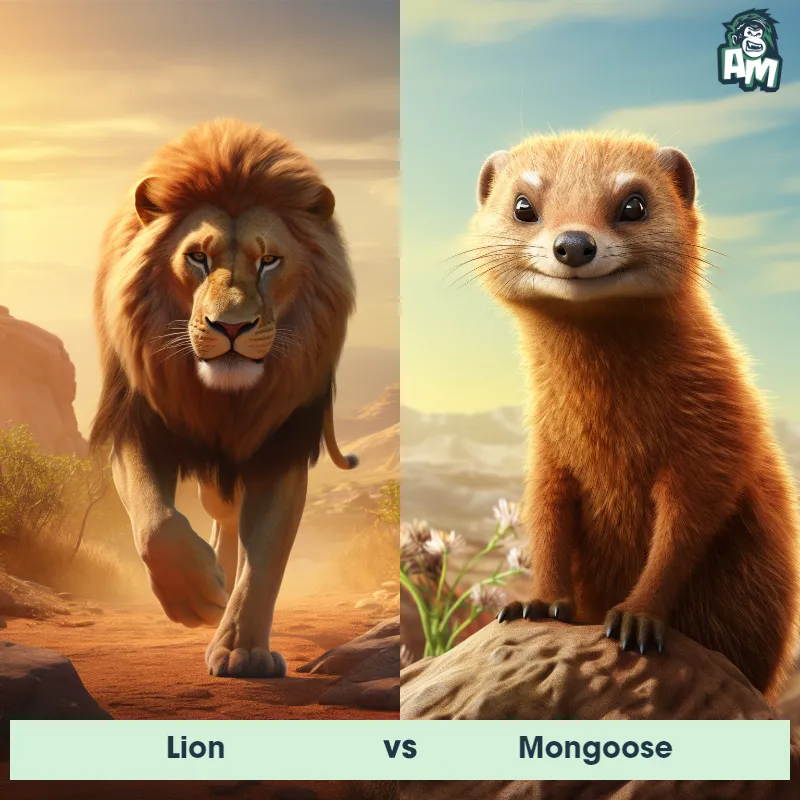Fossa vs MongooseSee Who Wins

Ladies and gentlemen, welcome to this thrilling matchup between two fierce competitors. We have a Fossa and a Mongoose stepping into the ring, ready to face off in a battle of strength and agility. Both these animals are known for their incredible hunting abilities, and tonight we will witness them go head to head in a three-round fight. The energy in the arena is palpable as the anticipation builds. Let's see who emerges victorious!
Contender 1: Fossa
The Fossa, also known as the Malagasy Civet, is a carnivorous mammal native to Madagascar. It has a slender body, short legs, and a long tail, which it uses for balance while climbing trees. The Fossa has sharp claws and teeth, making it an efficient hunter of lemurs and other small animals. It has a reddish-brown coat with a white underbelly and can grow up to 6 feet in length.
Fun Fact: The Fossa is the largest predator on Madagascar and is known for its ability to climb trees with ease, making it a formidable hunter of lemurs.
Contender 2: Mongoose
The Mongoose is a small, agile carnivore that belongs to the family Herpestidae. Their physical characteristics include a long body, a pointed snout, and round ears. Mongooses are renowned for their quick reflexes and keen eye, and are typically brown or grey with a slightly grizzled appearance. They are found in many parts of the world, primarily in Africa, Asia, and southern Europe, where they occupy a diverse range of habitats.
Fun Fact: Incredibly, mongooses are known for their ability to fight and kill venomous snakes, such as cobras, thanks to their speed, agility, thick coat, and specialized acetylcholine receptors that make them resistant to snake venom.
Matchup Stats
| Fossa | Mongoose | |
|---|---|---|
| Size | Up to 6 feet (1.8 meters) | 1-4 feet (0.3-1.2 meters) |
| Weight | Up to 26 pounds (12 kilograms) | 0.5-11 pounds (0.2-5 kilograms) |
| Speed | Speed: 20 mph (32.19 km/hr) | 20mph (32km/h) |
| Key Strength | Powerful jaws and sharp claws | Speed, agility, and resistance to snake venom |
| Biggest Weakness | Short legs and relatively small size | Small size and solitary nature (for some species) |
Current Votes
Fossa vs Mongoose
See Who Wins
View More Matches
Looking For More?
Similar Matches
Scientific Stats
| Fossa | Mongoose | |
|---|---|---|
| Scientific Name | Cryptoprocta ferox | Herpestidae |
| Family | Eupleridae | Carnivora |
| Habitat | Forests | Diverse range of habitats including forests, grasslands, and deserts |
| Geography | Madagascar | Africa, Asia, and Southern Europe |
| Diet | Carnivorous, primarily lemurs | Carnivorous, primarily insects, rodents, birds, eggs, and occasionally venomous snakes |
| Lifespan | 15 years - 20 years | 7 years - 13 years |
Key Differences between Fossa and Mongoose
- Ear shape: The Fossa has relatively large, rounded ears with a distinctive white or pale fur marking behind each ear. Meanwhile, the Mongoose has smaller, pointed ears with no noticeable markings.
- Tail length: The Fossa possesses a remarkably long tail, measuring almost as long as its body, which it uses for balance and support while climbing trees. In contrast, the Mongoose has a relatively shorter tail in proportion to its body length.
- Color and pattern: The Fossa has a reddish-brown or chestnut-colored coat with a lighter underside, while the Mongoose displays a grizzled or speckled appearance with a mixture of brown, gray, and yellowish fur.
- Facial features: The Fossa's face is characterized by a long, slender snout and prominent, forward-facing eyes adapted for hunting in low light conditions, while the Mongoose has a more rounded snout and eyes that are positioned more laterally.
- Body shape and movement: The Fossa has a lean and elongated body, resembling a cat, with highly flexible limbs that enable it to move swiftly through trees and on the ground. Conversely, the Mongoose has a compact, more "stout" body form with shorter limbs, adapted for quick maneuvering and agility while hunting or evading predators.
- Size: The Fossa is significantly larger than the Mongoose, with adults measuring around 2.6 to 3.3 feet in length, while the Mongoose typically averages around 1.5 to 2.5 feet in length.



